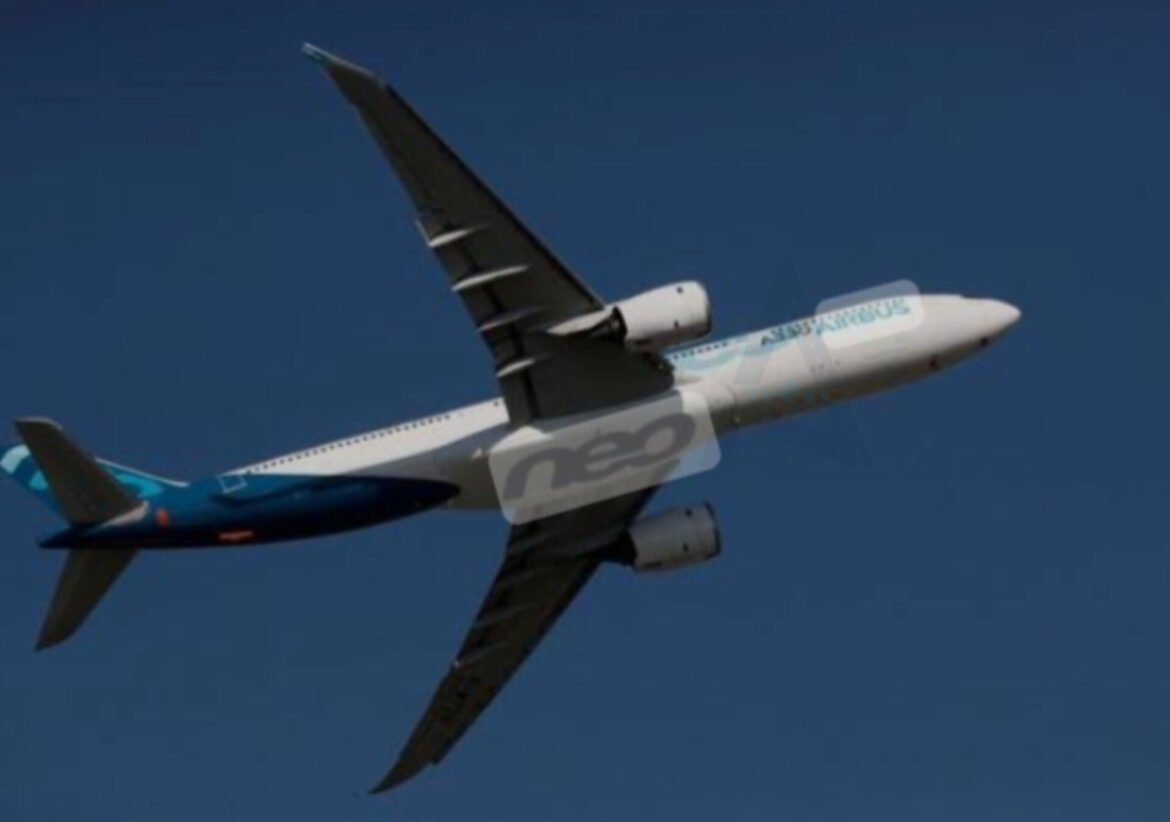In a strategic move that could reshape the aviation landscape in the Middle East, Saudi Flyadeal, the low-cost subsidiary of Saudi Arabian Airlines, is contemplating a significant expansion by potentially adding wide-body jets from industry giants Airbus or Boeing to its fleet. This bold step underscores the airline’s ambitions to broaden its horizons, capture new markets, and capitalize on evolving travel trends in the region.
Flyadeal, known for its nimble operations and competitive pricing in the short-haul market segment, is now eyeing the long-haul segment as part of its growth strategy. By considering wide-body aircraft, the airline aims to tap into lucrative routes connecting major cities across continents, catering to both leisure and business travelers with enhanced comfort and connectivity.
The prospect of Flyadeal venturing into the wide-body market marks a significant departure from its current business model but reflects a calculated bet on the future trajectory of air travel demand in the Middle East. As the region emerges as a global hub for commerce, tourism, and transit, there is a growing need for efficient, reliable, and cost-effective long-haul connectivity, a gap that Flyadeal aims to fill.
The choice between Airbus and Boeing wide-body jets presents Flyadeal with a pivotal decision, shaped by a myriad of factors ranging from aircraft performance and economics to fleet compatibility and operational considerations. Airbus’ A330neo and A350XWB, known for their fuel efficiency and passenger comfort, offer compelling options, while Boeing’s 787 Dreamliner stands out for its range and advanced technology.
Furthermore, Flyadeal’s potential foray into the wide-body market holds implications not only for the airline itself but also for the broader aviation ecosystem in the Middle East. By introducing increased competition in the long-haul segment, the airline has the potential to stimulate market dynamics, drive down fares, and catalyze innovation in service offerings, benefitting travelers and stakeholders alike.
The timing of Flyadeal’s expansion plans comes at a pivotal juncture for the aviation industry, as it grapples with the fallout of the COVID-19 pandemic and charts a course for recovery. While the pandemic has inflicted significant disruptions on air travel globally, it has also accelerated certain trends, such as the shift towards point-to-point travel and the resurgence of domestic and regional tourism, which Flyadeal seeks to capitalize on.
Moreover, Flyadeal’s expansion into the wide-body market underscores Saudi Arabia’s ambitions to emerge as a global aviation powerhouse, leveraging its strategic location, robust infrastructure, and burgeoning tourism sector. As the Kingdom continues to invest in mega-projects such as NEOM and the Red Sea Development, the demand for efficient long-haul connectivity is expected to soar, presenting ample opportunities for airlines like Flyadeal to thrive.
In conclusion, Flyadeal’s contemplation of adding Airbus or Boeing wide-body jets to its fleet signals a bold step forward in its quest for expansion and market leadership in the Middle East. By venturing into the long-haul segment, the airline aims to seize new opportunities, cater to evolving travel preferences, and contribute to the region’s economic growth and connectivity aspirations. As Flyadeal embarks on this transformative journey, the skies are ripe with possibilities for the airline and the broader aviation ecosystem in the Middle East.

